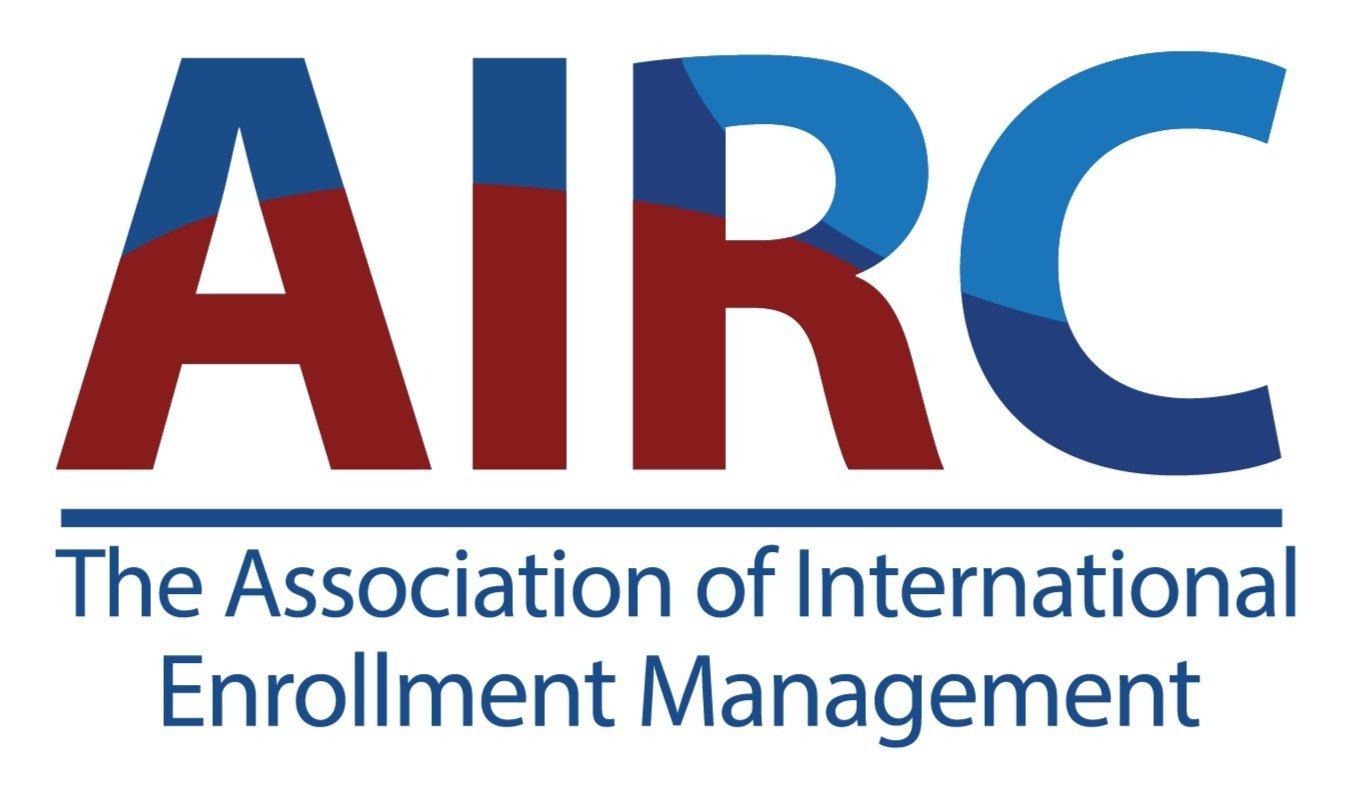70% of international student respondents who chose the US as their study destination did so because of the country's perceived high quality of education.
Increasingly positive sentiment toward the United States and perceptions that it provides the highest quality of education globally is driving an increasing number of students to choose the US as their study destination.
Canada remains the number one destination of choice for students with 26% of all respondents stating it was their first-choice destination. However, this was followed by the USA (20%) and then UK and Australia in joint third place (19%). The US is also the leading second-choice destination for those intending to study in both Canada and the UK, suggesting that there is further opportunity for the US to grow.
Student perceptions of the leading destination countries are driving the choice of destination, with Canada ranking number one on key factors such as graduate employment opportunities, post-study work policies and welfare, while the US is perceived as offering the highest quality of education. This is further reinforced by the data: when asked why students chose the US as their preferred destination, 70% state that it is due to the high quality of education, with this figure rising to 81% among Indian respondents and 84% for Vietnamese respondents. Those who chose the US as their second preference did so because they felt the cost of living was too expensive and the tuition was too high, although safety was also a concern for students from China, Indonesia and Vietnam.
The research also highlights that best practice in post-study employment opportunities can lead to long-term gains for both students and destination countries. Alongside quality of education, post-study work opportunities are the key driver of choice. Almost two thirds (63%) and just over half (52%) of respondents stated that these were the reasons behind their first-choice destination. However, the survey results made clear that students will only be tempted to change their initial destination country of choice if offered better scholarships, guaranteed employment post-graduation or lower tuition fees.
Jonah Duffin, Director of External Relations at IDP said, “The growth in interest in the US, driven by the perceived high quality of education, is good news for the US. However, in my nearly twenty years working in this industry, this is the most competitive I have ever seen the global marketplace, with countries looking to not only grow international student numbers, but also to diversify the countries they recruit from. Intelligent, data-driven and targeted student recruitment strategies will be important in growth. In addition, the United States must communicate the value and return on investment of a US education to students who perceive it to have high costs associated with both tuition and living.”
Additional findings from the Emerging Futures research survey are available to download as an infographic report.
In addition to student surveys, IDP also offers a range of insights on student demand and on-the-ground market expertise, such as our recent report on the Nigerian market.
To learn more about IDP connect, visit our website.

